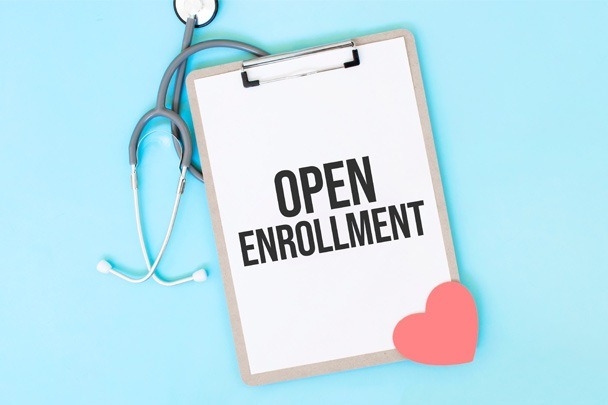Starting your career can be exciting, intimidating, and everything in between. Whether you’re fresh out of college or transitioning into a new field, it’s natural to feel overwhelmed by the uncertainty and competitiveness of the job market. But here’s the good news: every working professional once stood where you are now. And while the early stages of your career come with some challenges, there are proven strategies to help you succeed. Below are six key approaches to help you navigate potential hurdles early in your career with confidence and clarity:
1. Develop Transferable Skills
It’s normal to not have a stacked resume early in your career. However, what you lack in experience can be turned into strong, transferable skills. Focus on sharpening your communication, problem-solving, and time management abilities. Be sure to highlight these in your resume and interviews with real-life examples.
2. Prepare for Interviews with Intention
Interviews can feel intimidating, especially if you’re new to the job market. But like any skill, interviewing gets easier with preparation and practice. Take time to research the company, understand the role, and think through your experiences so you can clearly speak to them. Having a few thoughtful questions prepared for the hiring manager shows your genuine interest and helps you evaluate whether the role is a good fit. The more prepared and self-aware you are, the more confident you’ll feel.
3. Build a Network
It’s easy to underestimate the power of networking when you’re just starting your career, but relationships are often the key to new opportunities. Many jobs aren’t even posted publicly. They’re frequently filled through connections and referrals.
Start building your professional network early. Attending virtual or in-person industry events, connecting with alumni from your university, or engaging with professionals on LinkedIn are great ways to learn and make meaningful connections.
4. Find a Mentor
Having someone in your corner who understands your industry can make a huge difference. Unlike general networking, mentorship offers ongoing guidance, feedback, and encouragement, helping you navigate challenges, stay motivated, and make thoughtful decisions as your career evolves.
Look for mentors in your workplace, industry groups on LinkedIn, or alumni networks. Don’t overthink it – a simple, sincere message asking for a 15-minute conversation is a great place to start.
5. Embrace Rejection as Redirection
One of the hardest things early-career professionals face is rejection. Whether it’s a “no” from your dream job or getting ghosted after an interview, it never feels good. But it’s not a reflection of your skills and potential.
Next time you’re faced with rejection, instead of taking it personally, try to shift your mindset. Every rejection is a step toward the right opportunity. You can use it as feedback and, if possible, ask for insights on why you weren’t selected. Reflect, adapt, and keep moving forward. Treat each job rejection as a learning opportunity and focus on how you can improve for next time
6. Keep Showing Up
The truth is early career growth isn’t always easy. It takes time, consistency, and patience. You won’t have all the answers right away, and that’s okay. Just focus on showing up, doing your best, and staying persistent. Ask questions, seek feedback, and be open to learning. With time, the right opportunity will be waiting at your doorstep.
A Final Word of Encouragement
Every professional journey begins with a leap of faith. The key to success is to keep going, learning, and believing in your potential despite any stumbles along the way. The challenges you face early on are building blocks to a bright future, and with the right mindset and strategies, you can turn your uncertainty into a flourishing career.
Ready to take the next step in your career? Browse our open positions to find your next opportunity today.









